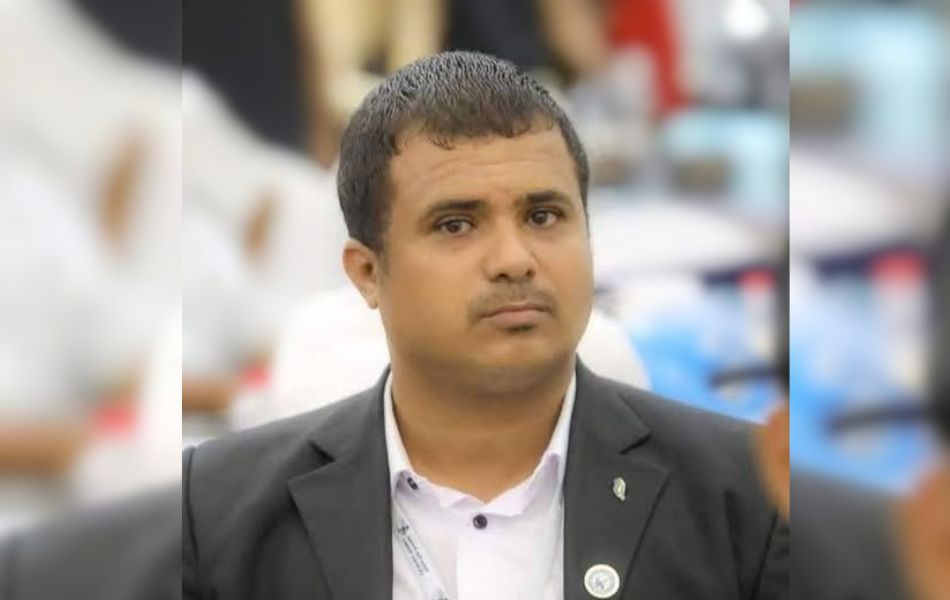
Geneva – SAM for Rights and Liberties stated that summoning journalist Abdelrahman Anees to appear before the Press and Publications Prosecution following a complaint filed by the Southern Transitional Council reflects a worrying expansion of restrictions on freedom of expression and journalistic work. The organization emphasized that the judiciary should serve as a means to protect rights and freedoms, not a tool to intimidate journalists or curtail their role in responsible criticism and truth-seeking.
SAM noted that respect for the rule of law is a civil foundation that contributes to building strong state institutions. However, it stressed that protecting press freedom is essential to any democratic transition. Professional criticism, the organization said, should not be treated as hostility, and journalists play a legitimate oversight role that must be safeguarded against abuse or selective application of the law.
The organization added that any legal proceedings in such cases must adhere to international standards related to freedom of expression, and that complaints should be handled free from political or media pressure to ensure transparency and integrity, preventing the case from becoming a precedent used to pursue journalists over their opinions.
SAM highlighted that freedom of opinion and expression is guaranteed by the Yemeni Constitution and binding international agreements, particularly Article (19) of the International Covenant on Civil and Political Rights and Article (19) of the Universal Declaration of Human Rights. Any restrictions on publication, the organization stressed, must meet the criteria of legality, necessity, and proportionality, and exceptions must be interpreted narrowly to prevent vague laws from being used to criminalize criticism or restrict journalistic work.
The organization also emphasized the importance of fair trial guarantees, including the presumption of innocence, the right to defense, public proceedings, and judicial independence from political influence. It stressed the need to avoid custodial penalties in publishing cases, except in the narrowest circumstances and under clearly defined standards.
SAM further explained that while resorting to the judiciary—an approach the journalist himself welcomed—should be used to protect rights, it must not be turned into a deterrent mechanism to silence voices. Any complaint should be based on specific, clearly defined published material, not broad or arbitrary accusations. The organization reiterated that the oversight role of the press is an integral part of good governance, and that the relationship between the “Fourth Estate” and other state authorities must be built on mutual respect and the exchange of arguments within judicial institutions, not through pressure or political campaigns.
The organization called on the judiciary to maintain full independence in reviewing this case, in a manner that strengthens public trust and reassures the media sector that justice is being served impartially. It also urged political actors to respect freedom of expression and allow the judiciary to carry out its duties free from influence, defamation, or incitement, in order to protect both judicial integrity and the dignity of journalistic work.
Lastly, SAM emphasized the need to accompany any legal proceedings with a comprehensive review of the legal framework regulating the media, ensuring its alignment with international human rights standards. This would prevent the misuse of legal provisions to restrict or punish journalists, and instead ensure that the law functions as a shield for protection and justice—not as an instrument of pressure or punishment.